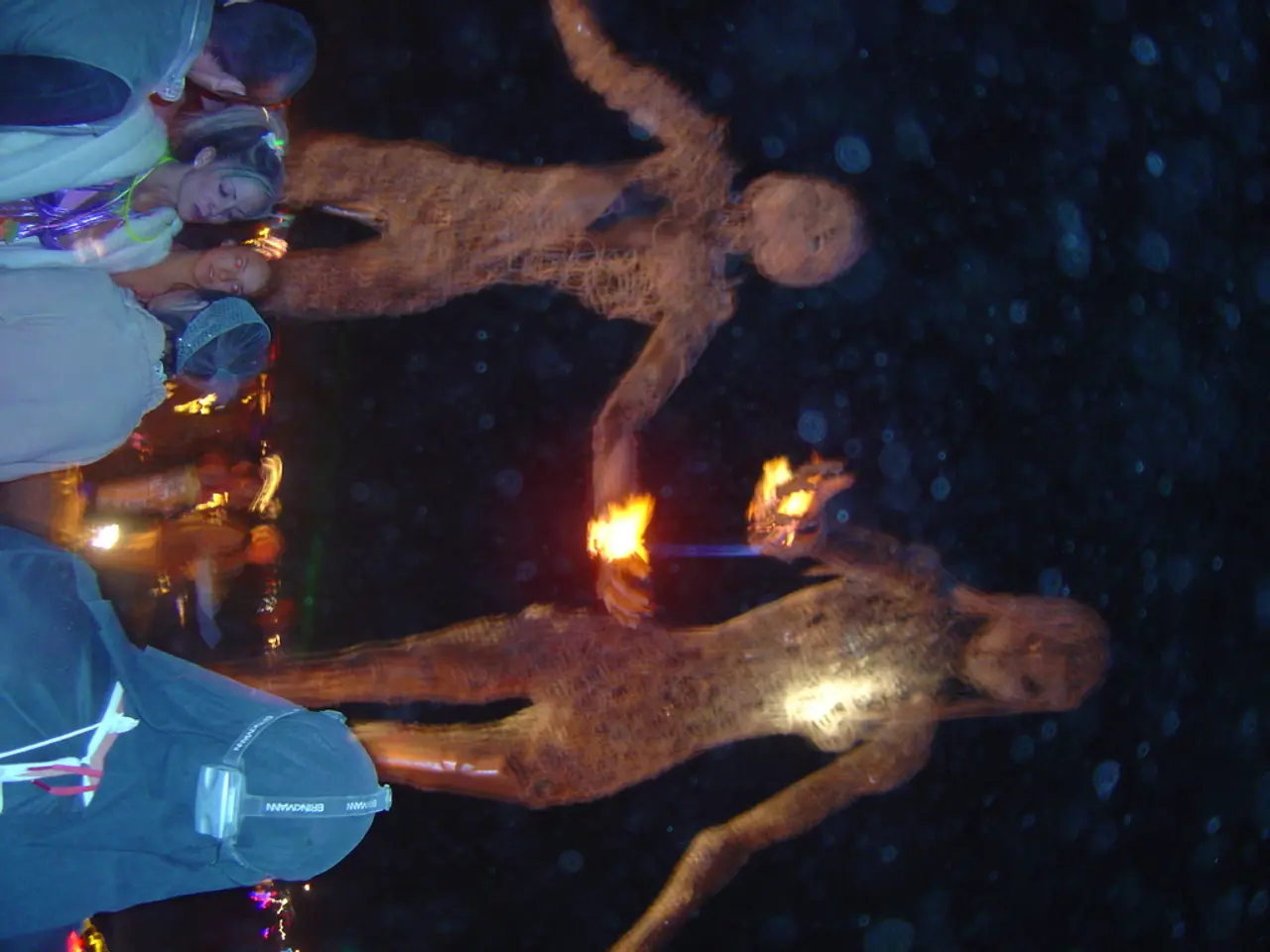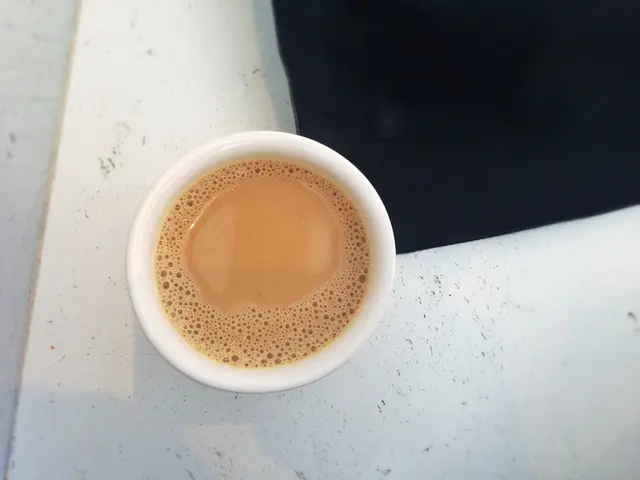Beware of harming Ivan Kupal, or the year will spiral into a horrific disaster.
Ivan Kupala Night, a festival deeply rooted in pre-Christian pagan traditions, is a mystical celebration that takes place annually. This Slavic summer solstice event is believed to be a time when spirits of nature, water, and the forest enter the human world.
The night is filled with rituals, legends, and numerous taboos that, when followed, are thought to bring blessings and good fortune. On the other hand, violating these traditions can lead to bad luck, spiritual harm, or social censure.
One of the key taboos is to avoid disrespecting fire, which plays a central role in the festivities, particularly during the traditional practice of jumping over bonfires. Mishandling or showing disrespect towards the fire is considered dangerous and invites bad luck or misfortune.
Another important rule is to not venture into waters alone or at night without proper rituals. Since night-time water bathing and rituals are part of the traditions, doing them incorrectly or without proper preparation could attract evil spirits or harm.
Wreaths made of flowers and herbs are symbolic and believed to bring protection and love. Breaking or improperly handling these wreaths is considered a bad omen.
Divination rituals are also an essential part of Ivan Kupala Night. People traditionally use this night for love and future divinations. Ignoring these customs might mean losing the chance for blessings or insights.
Avoiding quarrels or negative behaviour is also crucial during this magical and harmonious night. Conflicts or ill-will are thought to attract misfortune.
Purification rituals, such as washing in dew or river water, are linked with cleansing from evil and illness. Failing to perform these actions can leave one vulnerable.
Respecting nature is another important taboo. Harming plants, animals, or the environment is considered taboo during Ivan Kupala Night.
Swimming alone after midnight is considered the most dangerous mistake during Kupala Night. Mirrors and photos at midnight during Kupala Night are also considered gateways to the otherworld and should be avoided to prevent trapping luck or letting negative forces in.
Traditionally, the wreath should be set afloat with a good wish, as negative energy will return to you and bring chronic bad luck. Wreaths should be floated on the water with clean and pure thoughts.
Burning old items and photographs during Kupala Night is discouraged, as it can attract problems, illness, and separation. Thanking nature for the harvest and happiness is a common practice during Ivan Kupala Night.
Despite the numerous taboos and traditions, the spirit of Ivan Kupala Night revolves around celebrating nature, fertility, purification, and love under the mystical power of the summer solstice. It serves as a reminder of the deep connection between humans and the natural world, and the importance of respect and harmony in our interactions with it.
For those interested in more detailed or region-specific taboos, ethnographic studies or folklore collections dedicated to Slavic or Eastern European traditions can provide further insights.
The night's rituals involve floatings of wreaths made from flowers and herbs, believed to bring protection and love. Mishandling or improperly handling these wreaths is considered a bad omen.
Tending to one's home-and-garden, ensuring a respectful environment for the fire during festivities, and abiding by purification rituals, such as washing in river water, are essential parts of maintaining a blessed lifestyle during Ivan Kupala Night.




